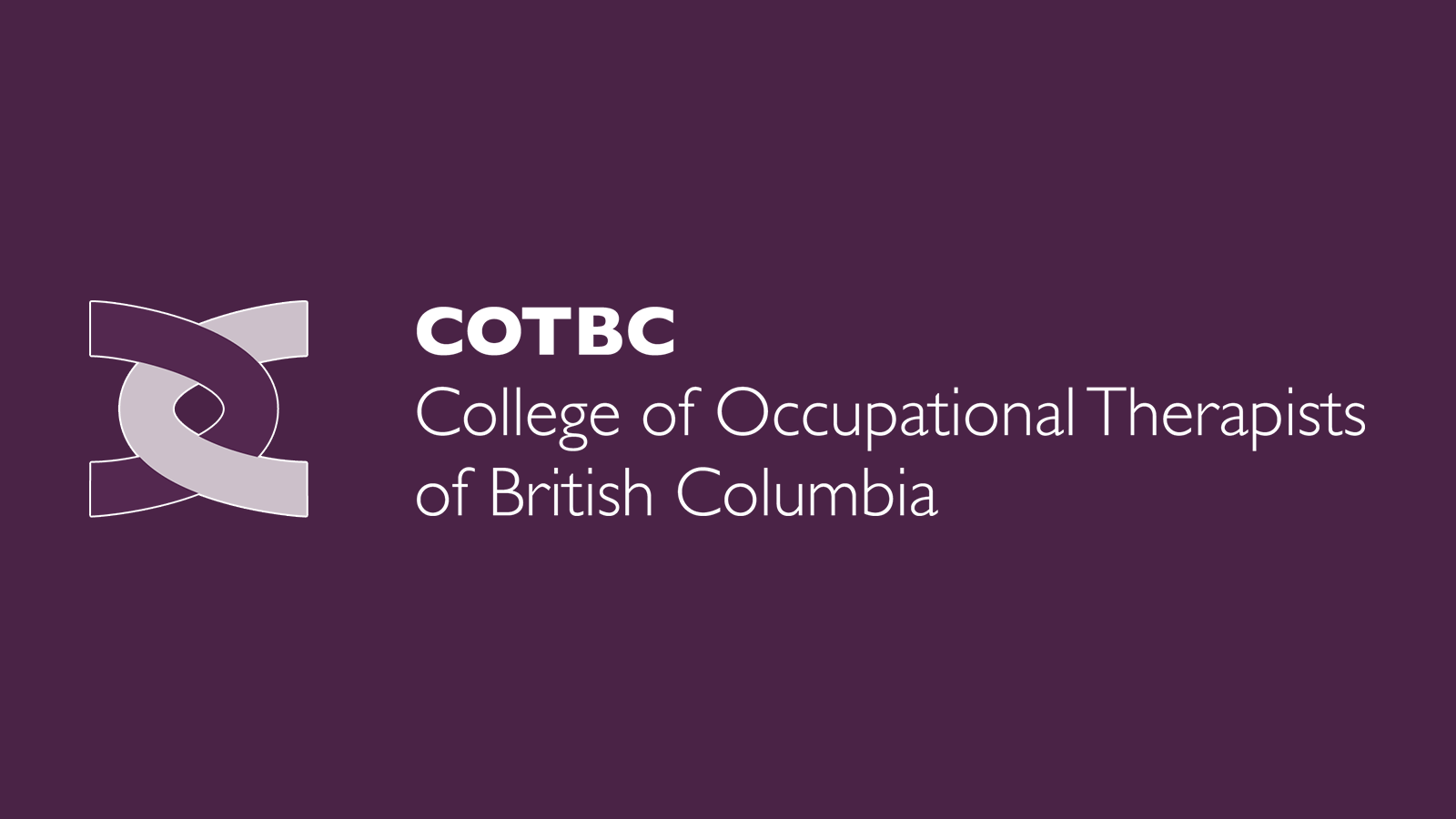Your appointment with Ms. Jones wraps up. She reaches into her handbag and pulls out a box of chocolates. They are your favourite – salted caramels! Smiling, she passes them to you and says, “Thanks for all the you have done for me! I would be lost without your ongoing support.”
Who doesn’t love a box of chocolates?! You can almost taste them but something is making you feel a bit “twitchy.” Should you accept them?
Tough question and sadly one where there isn’t always an easy “black and white” answer. Our colleagues at the College of Physical Therapists of BC (CPTBC) highlight that, “It’s important to be aware that whenever a gift is accepted, it comes with a degree of risk… The therapeutic relationship with the [client] exists for one purpose only – to provide services for the benefit of the [client]… Accepting gifts can lead to the perception that there is a personal or reciprocal relationship, as opposed to a professional relationship between the [client] and therapist.”
This situation is often more common during the holiday season. During this time or anytime, refresh yourself on the Conflict of Interest Practice Standards which include a risk assessment and management framework. You can also ask yourself the following questions:
• Will your professional judgment be influenced by accepting the chocolates?
• Will your client misunderstand the nature or boundaries of your relationship, if you accept?
• Would you be happy to disclose to your boss or colleagues that you accepted them?
As cautioned by CPTBC, “No gift is risk free, and often the ‘strings attached’ are not visible until later.” By pre-emptively assessing risk factors such as: your client’s vulnerability and culture, your familiarity with your employer’s policies, and existing workplace social norms, you might feel better prepared to take action in your client’s best interests. Sometimes, you might choose to accept a small token gift given a cultural risk of declining and then mitigate the risk by sharing the gift with your team. Other times, you might decide to graciously acknowledge the gift, politely decline, and reinforce the message that “your thanks is thanks enough.”
Reference:
College of Physical Therapists of British Columbia. (2018). Ask your practice advisor. Retrieved from https://cptbc.org/physical-therapists/practice-advice/


